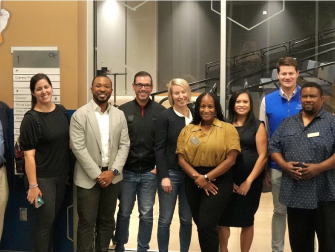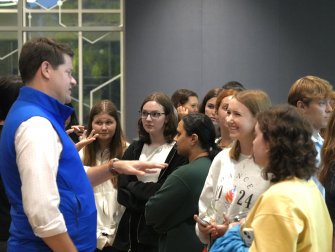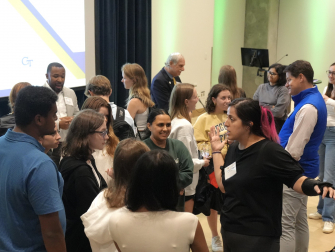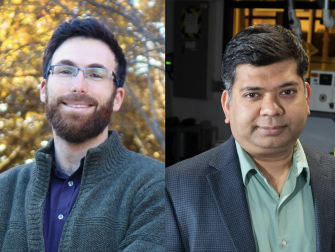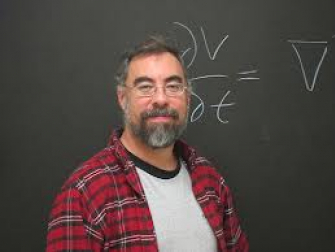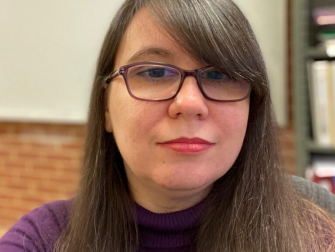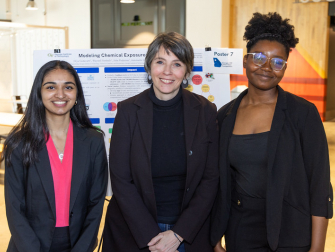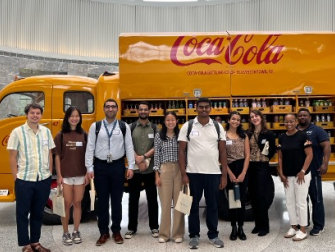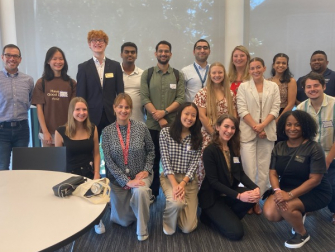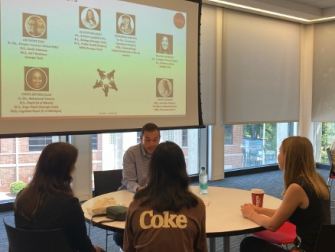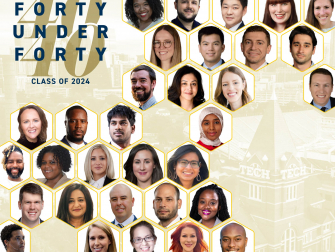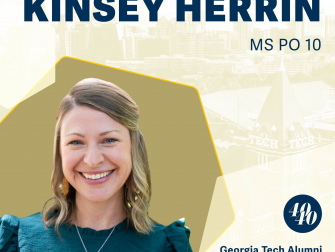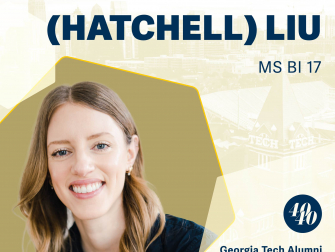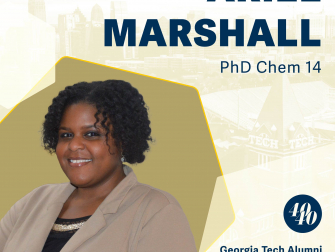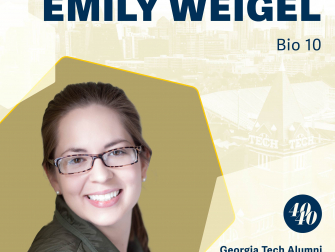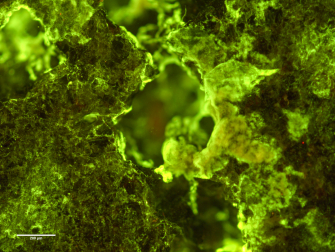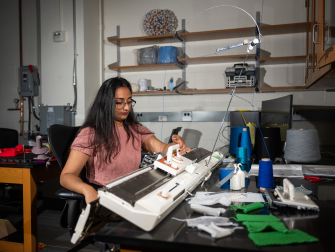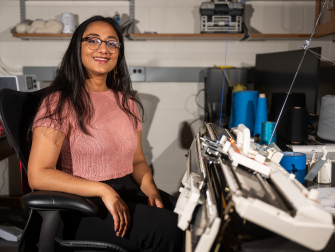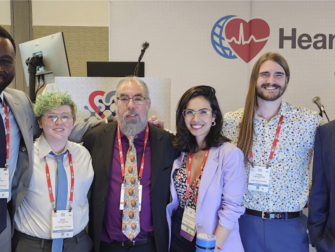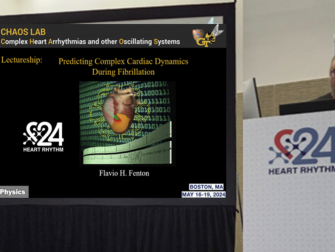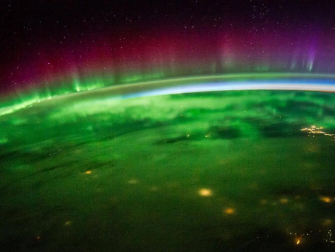From navigating unexpected job pathways to the importance of networking and soft skills, College of Sciences alumni shared insights and advice about leveraging a Georgia Tech education into a successful career at the What Can I Do With My Georgia Tech Science Degree (Life Sciences) event.
Dean and Betsy Middleton and John Clark Sutherland Chair Susan Lozier has been reappointed to a five-year term in the College of Sciences.
Itamar Kimchi and Sourabh Saha each received $875,000 for their pioneering work in quantum materials and fusion energy.
College of Sciences faculty are among the recipients of the third round of Undergraduate Sustainability Education Innovation Grants awarded by the Center for Teaching and Learning.
Yellow Jacket alumni working at Coca-Cola dispensed real-world advice and insights to College of Sciences students during a recent Career Trek to the headquarters of the global beverage giant.
Four College of Sciences alumni have been selected as members of the 2024 class of 40 under 40.
A groundbreaking new study published in Nature Physics has revealed that geometry influences biofilm growth more than anything else, including the rate at which cells can reproduce. The research shows that the fitness of a biofilm is largely impacted by the contact angle that the biofilm’s edge makes with the substrate.
The team used experiments and simulations to quantify and predict how knit fabric response can be programmed. By establishing a mathematical theory of knitted materials, the researchers hope that knitting — and textiles in general — can be incorporated into more engineering and manufacturing applications.
The Center for Teaching and Learning (CTL) and the Office of Academic Effectiveness (OAE) are thrilled to announce the Spring 2024 Course Instructor Opinion Survey (CIOS) Honor Roll. Faculty members at Georgia Tech who made the Spring 2024 Honor Roll have been celebrated by their students for outstanding teaching and educational impact.
The award recognizes “honors a scientist or clinician who has made a significant and unique contribution to the field of cardiac pacing and electrophysiology," and recognizes Fenton's groundbreaking research, which uses physics to better understand how the heart functions — or malfunctions, in the case of arrhythmias.
273 academic and research faculty members from across the Institute received promotions during the spring semester. We are thankful for their contributions and honored to celebrate their accomplishments.
With NSF support, Colleges of Sciences and Engineering will collaborate to hire a researcher focused on solar-terrestrial science and space weather.
- ‹ previous
- 5 of 24
- next ›

